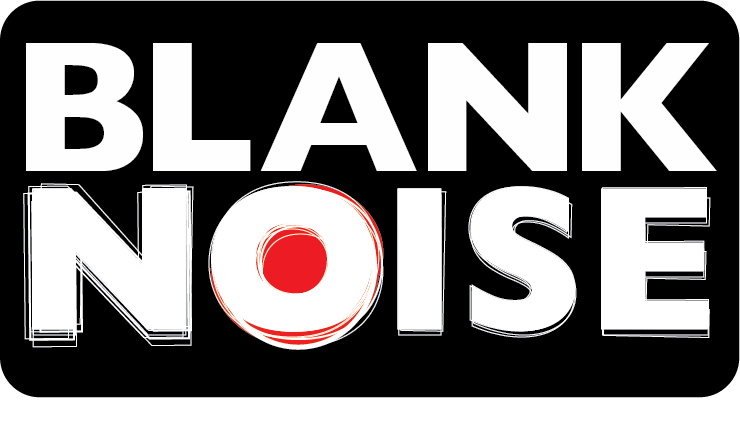On September 29, 2006, four members of a Dalit family, Surekha, Priyanka, Sudhir, and Roshan Bhotmange were tortured and murdered by villagers mostly belonging to the dominant Maratha-Kunbi caste in Khairlanji, Maharashtra. Surekha and Priyanka were stripped naked, paraded around the village, and gangraped and tortured before being murdered.
Kunbi is a term used to refer to many traditionally non-elite agricultural castes from Western India. They are classified as OBC but are a dominant land-owning caste in many regions. The Bhotmanges belonged to the Mahar caste, a Scheduled Caste in 16 Indian states. The Bhotmanges were one of only two Dalit families in the village who owned land and cultivated it for their livelihood. The Bhotmange family also ensured to educate their children. The dominant castes of the village could not accept the Bhotmanges having power, and frequently created conflicts, picked fights, and got violent against the family. The Bhotmange family faced caste oppression throughout the time they lived in the village, with Surekha the mother of Priyanka, Sudhir, and Roshan, not being allowed to construct a pucca house on her own land. For the upper-castes of the village, the Dalit family living in a pucca house, or a house that was solid and permanent, was seen as “getting out of hand” or coming out of their subservient position. Surekha’s daughter Priyanka was also subject to casteist taunts even as she topped at her school.
On September 3, Siddharth Gajbhiye, the other land-owning Dalit in the village, and also a Mahar, was beaten up by villagers belonging to the dominant castes of Kunbi, Kalar, and Gond. They allegedly did so due because of a dispute over payment of agricultural wages. An FIR was registered against the assaulters later, in which Surekha and Priyanka served as witnesses. Around four years before this incident, Gajbijiye had stood by the Bhotmanges when the dominant caste families who owned the land around them were trying to forcefully seize their land.
The accused threatened them at that time, asking how they could dare to give witness against them, and saying, “‘Why did you stand witness against us, we shall finish you off.”. The accussed were arrested but released on bail the very next day, on September 29. Immediately after release,the accused went to Siddharth Gajbijiye’s house to take revenge., On not finding him, they held a meeting in the village with the local MP and MLA. Immediately after this session, the accused went to inflict violence on the Bhotmange family. Bhaiyyalal Bhotmange explained that the meerting suggests that the accused received the MLA and MP’s support in what they were about to do. None of the political leaders including the sarpanch, Upasrao Khandate, the deputy sarpanch Urkuda Khurpe, and the MLAs Madhukar Kukde and Ram Aswale from the BJP, and Kiran Atkari and Nana Panchbuddhe from the NCP, supported the victims in securing justice. Rather, they supported the culprits, and according to Bhaiyalal, many of the accused were the politicians’ activists.
Bhaiyalal was the only surviving member of the Bhotmange family.Bhaiyalal witnessed the lynching and rape of his family members.A mob comprising of the entire village, out of which Bhaiyyalal had named about 60 to 70 people to the police, went to their house,and a group of women from the mob who were from the OBC families dragged Priyanka and Surekha out of the house. The women in the mob beat Priyanka and Surekha, and tore their clothes. Surekha’s sons , Sudhir and Roshan, were also caught and beaten . The mob shouted, ‘You mahars, dheds, you have chadhle [things have gone to your head]’! They were brutally tortured and murdered in the village square, with the involvement of the entire village, and their bodies were carried in a bullock cart and dumped in a canal in Kandri village, about 2 kilometres away from their village.
After the incident, rumours were created in order to erase the caste-based aspect of the violence. The rumours were created to justify the act - with narratives such as Surekha had an affair with Gajbhiye, and that she sold liquor.The narratives were built to diminish what had happened by instead questioning Surekha’s morals and purity of character. The violence was a caste-based atrocity and nothing can justify this. #INeverAskForIt
Out of all the accused, only eight people were held guilty of murder, out of which 6 were given the death sentence and 2 were given life imprisonment by the Bhandara Court. However, in 2010, the Nagpur Bench of the High Court reduced the death sentence of the 6 convicted to 25 years of rigorous imprisonment. Bhaiyyalal Bhotmange appealed this decision of the High Court in front of the Supreme Court of India. The case was last listed for a hearing on August 14, 2015. However, no updates were reported. Bhaiyyalal Bhotmange died of a heart attack on January 20, 2017.

